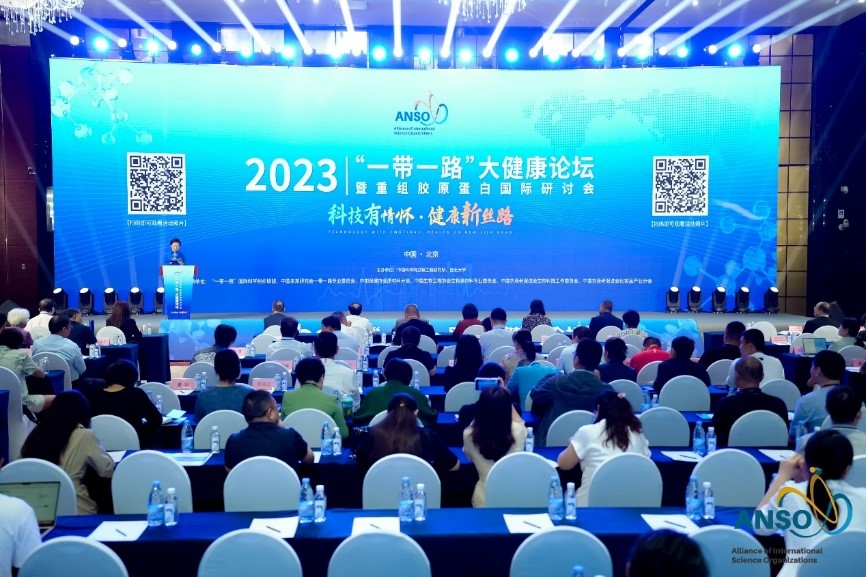Unilever-CAS Joint Workshop on Sustainable Manufacture
Multi-scale Engineering of Formulated Consumer Products
Date and Time: 9:00 am -18:00 pm, 27th April, 2017
9:00 am -13:00 pm, 28th April, 2017
27th April, 2017
Venue: Multifunctional Hall, 5th Floor of Building A, IPE, CAS
28th April, 2017
Venue of Session 1 and Closing Ceremony: Meeting room 308, 3rd Floor of Building A, IPE, CAS
Venue of Session 2: Meeting room 304, 3rd Floor of Building A, IPE, CAS
Venue of Session 3: Meeting room 361, 3rd Floor of Building A, IPE, CAS
Background and Aim
Global consumption of manufactured goods continues to grow and is expected to double in the next 15 years. However, manufacturing of consumer goods, in particular, in developing economies, is facing many unprecedented sustainability challenges including energy intensity, carbon intensity, material wastage and environmental foot print, to name few. For formulated consumer goods, sustainable manufacture needs to be considered through a multiscale engineering approach from molecules to applications. Innovation of cosmetics products needs to consider protection of human skin from air pollution. Addressing these challenges requires innovations in materials, process technology, information technology, as well as business systems.
The aim of the workshop is to bring together leading scientists from Chinese Academy of Sciences (CAS), scientists from key Science Grid partners from India and Europe, and scientists and stakeholders from Unilever for a two day face-to-face debate on the challenges and emerging new technological opportunities for sustainable manufacture of formulated consumer goods. The focus will be on the latest progress in physical, chemical, material and engineering sciences for sustainable engineering of formulated products at molecular, micro and macro levels.
Presentations of the workshop will be organized in the following themes:
- New bio-materials (e.g. green surfactants, biodegradable materials)
- Mesostructuring (e.g. low energy processes for creating complex microstructures, membrane emulsification, self-assembly, smart particles etc.)
- Sustainable manufacture systems (e.g. virtual engineering, green processes, industry 4.0)
The specific objectives are:
- Stimulate the debate on the challenges and opportunities in sustainable manufacture.
- Review recent progress in sustainable engineering of formulated products from atoms to applications
- Present Unilever case studies to facilitate the development of a shared vision on way forward and scout new ideas/collaboration opportunities.
Identify international cooperation opportunities to address the global challenges in sustainable design, manufacture and consumption of consumer goods.
 Search
Search




 京公网安备110402500047号
京公网安备110402500047号